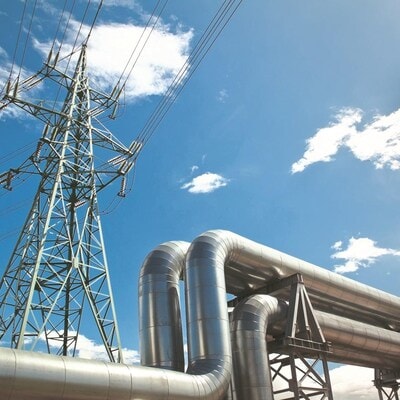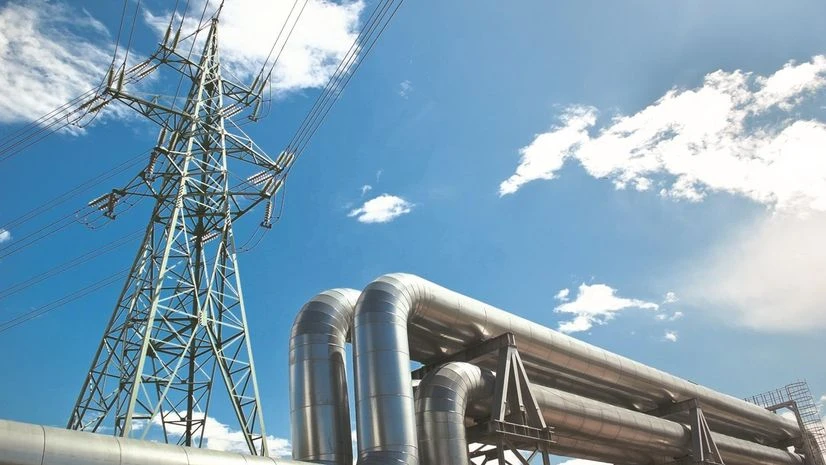COP hosts aim for 33% increase in combined oil and gas production by 2035 | World News

)
Azerbaijan, which will host COP29 in Baku in November, is projected to see a four per cent rise in production. Representational Image
Azerbaijan, the UAE, and Brazil — the past, current, and next hosts of the UN climate conference — are set to increase their combined oil and gas production by 33 per cent by 2035, contradicting their commitments to lead global efforts for stronger climate action, according to a new analysis.
The analysis, compiled by the US-based research and advocacy group Oil Change International using industry data, shows that the UAE and Brazil are on track to increase production by 37 per cent and 38 per cent, respectively, by 2035. Azerbaijan, which will host COP29 in Baku in November, is projected to see a four per cent rise in production.
At the last UN climate summit in Dubai in November-December 2023, leaders made a historic commitment to transition away from fossil fuels, triple renewable energy capacity and double energy efficiency by 2030.
Oil Change International said that the ongoing expansion of oil and gas investments undermines these commitments.
Earlier this week, the International Energy Agency (IEA) said the goal of tripling global renewable energy capacity by 2030 is achievable, provided countries implement the UAE deal, which includes reducing fossil fuel usage.
Another analysis by Climate Action Tracker, a research group monitoring countries’ climate efforts, rates Azerbaijan’s climate action as critically insufficient after the country scrapped its 2030 emissions target.
The COP Troika — Azerbaijan, the UAE, and Brazil — hosts a meeting on the sidelines of the UN General Assembly on Thursday and faces pressure to demonstrate how it plans to deliver the ‘Roadmap to Mission 1.5’, which aims to encourage countries to raise their ambition in the next round of national climate plans known as Nationally Determined Contributions (NDCs). Countries must submit updated NDCs by February 2025.
“The Troika can’t have it both ways. It’s time to choose: fossil fuel expansion or a livable future. The world is watching,” he said.
Linda Kalcher, Executive Director of think tank Strategic Perspectives said that 2024 is the moment of truth for the agreement to move away from fossil fuels reached in Dubai and the NDCs will show if countries were serious about reducing their coal, oil and gas addiction.
“All eyes are on the Troika now to show leadership and credibility when they publish their own plans. It is in the UAE’s interest to show that their historic deal reached in Dubai was not just hot air, she said.
(Only the headline and picture of this report may have been reworked by the Business Standard staff; the rest of the content is auto-generated from a syndicated feed.)
First Published: Sep 26 2024 | 8:55 AM IST




